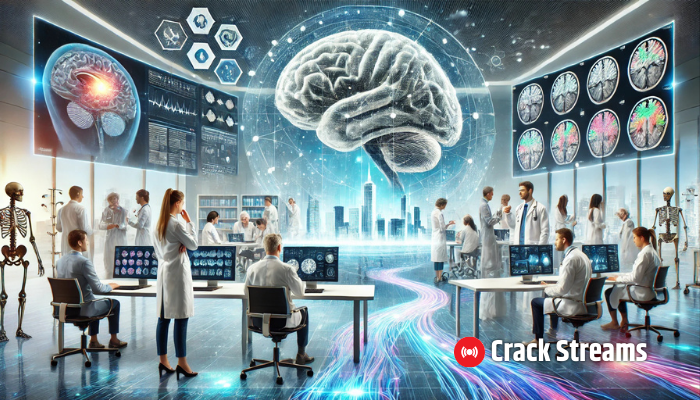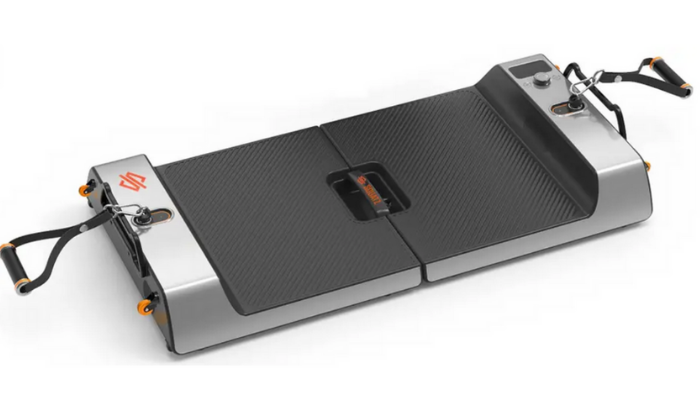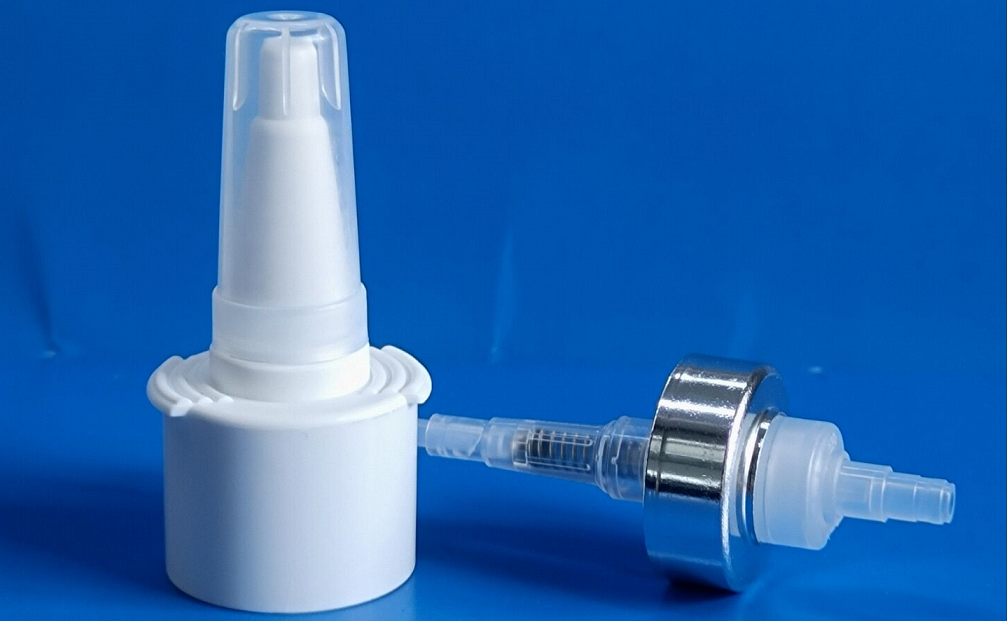Neurological diseases are among the most complex and impactful conditions affecting millions of people worldwide. These disorders can disrupt the brain, spinal cord, and nerves, leading to a wide range of symptoms and challenges. In 2025, understanding and managing these conditions have become more important than ever.
This article will explore the landscape of neurological diseases in 2025, the role of Doctorhub360.com, and the latest advancements in research and treatment. Whether you are a patient, caregiver, or healthcare professional, this guide will provide you with valuable insights.
What Are Neurological Diseases?
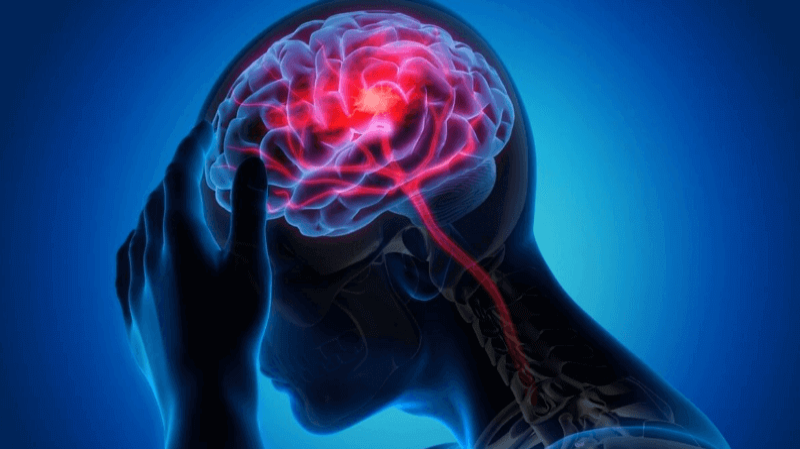
Neurological diseases are disorders that affect the nervous system, which includes the brain, spinal cord, and nerves. These diseases can impact movement, cognition, emotions, and basic bodily functions.
Some common examples include Alzheimer’s disease, Parkinson’s disease, multiple sclerosis, epilepsy, and migraines. Each of these conditions has unique causes, symptoms, and treatments.
Central nervous system (CNS) disorders, such as stroke or traumatic brain injuries, can result in severe disabilities. Peripheral nervous system (PNS) disorders, like neuropathy, primarily affect nerves outside the brain and spinal cord.
Neurological diseases can occur due to genetic factors, infections, injuries, or age-related changes. Understanding these causes is essential for early diagnosis and effective management.
In 2025, researchers are focusing on innovative therapies and technologies to address these disorders, offering hope to millions of patients worldwide.
Role of Doctorhub360.com in Neurological Care
Doctorhub360.com is a trusted platform that provides comprehensive information and support for neurological diseases. It serves as a one-stop resource for patients, caregivers, and healthcare providers.
One of the key features of Doctorhub360.com is its educational content. It offers detailed guides on various neurological conditions, helping people understand their symptoms, treatments, and management strategies.
The platform also connects patients with support groups and communities, creating a space for shared experiences and emotional support. This can be especially helpful for those feeling isolated due to their condition.
Doctorhub360.com’s telehealth services make it easier for patients to consult with neurologists from the comfort of their homes. Virtual consultations have become a game-changer in managing chronic neurological conditions.
Additionally, the website keeps users updated with the latest research and clinical trials, ensuring that they have access to cutting-edge treatments and innovations.
Recent Advances in Neurological Research
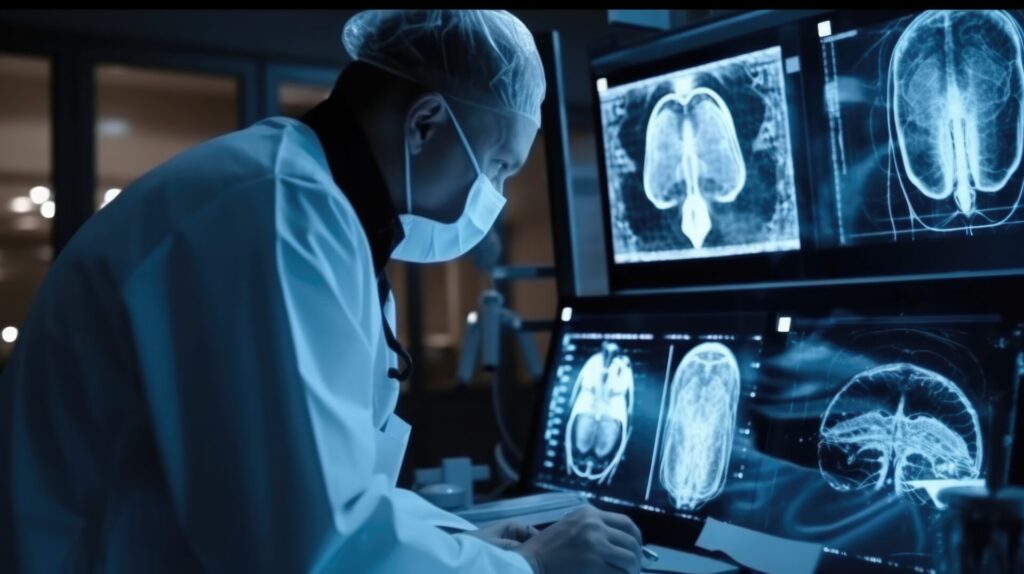
In 2025, significant strides have been made in understanding the genetic and molecular mechanisms of neurological diseases. These breakthroughs have opened doors to new diagnostic and treatment options.
- Genetic Research has identified new biomarkers, making it possible to detect conditions like Alzheimer’s disease at an early stage. This has improved treatment outcomes and slowed disease progression.
- Stem Cell Therapy has shown promise in repairing damaged neural tissue. Researchers are optimistic about its potential to restore lost functions in patients with spinal cord injuries or neurodegenerative diseases.
- Artificial Intelligence (AI) is playing a crucial role in diagnosis. AI-powered tools can analyze brain scans and patient data to identify diseases with greater accuracy and speed than traditional methods.
Emerging technologies like wearable devices are helping patients monitor their symptoms in real time. These devices provide valuable data to doctors, enabling personalized treatment plans.
Modern Treatment Approaches
Treatment for neurological diseases has evolved significantly, with new therapies offering better results and fewer side effects. Pharmacological treatments remain the backbone of management, but non-invasive options are gaining popularity.
- Medications: In 2025, several new drugs have been approved to target specific neurological pathways. These medications aim to reduce symptoms and slow disease progression.
- Neuromodulation: Techniques like transcranial magnetic stimulation (TMS) and deep brain stimulation (DBS) are being used to treat conditions such as Parkinson’s disease and depression. These non-invasive or minimally invasive methods have shown remarkable success.
- Lifestyle Interventions: Patients are encouraged to adopt healthier lifestyles, including regular exercise, a balanced diet, and stress management. These changes can significantly improve quality of life.
- Telemedicine: Platforms like Doctorhub360.com have made it easier for patients to access expert care without the need for in-person visits. This has been particularly beneficial for those in remote areas.
Challenges and Future Directions
Despite these advancements, managing neurological diseases remains challenging. Early diagnosis is often difficult due to vague or overlapping symptoms, delaying treatment.
Economic disparities also limit access to advanced treatments. Many patients struggle to afford new therapies or lack insurance coverage for innovative solutions.
Research gaps persist, especially for rare neurological diseases. More funding and focus are needed to address these unmet needs.
Looking ahead, the integration of personalized medicine and digital health tools holds great promise. By tailoring treatments to individual patients, healthcare providers can achieve better outcomes and improve overall care.
Conclusion
Neurological diseases are a significant global health challenge, but advancements in 2025 offer hope for better diagnosis, treatment, and management. Platforms like Doctorhub360.com play a vital role in educating and supporting patients, making a meaningful difference in their lives.
As research continues and technology evolves, the future of neurological care looks brighter than ever. By staying informed and proactive, patients and caregivers can navigate these conditions with greater confidence and resilience.







